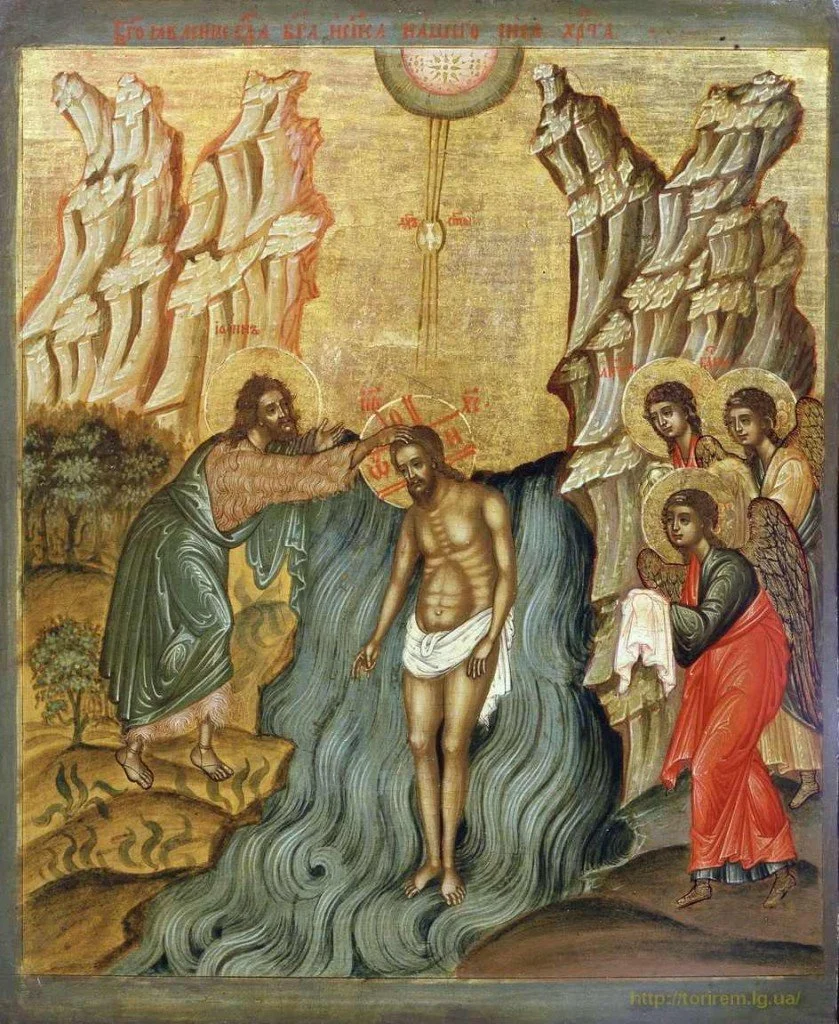An overview of Alex’s Fogleman new book, Making Disciples: Catechesis in History, Theology and Practice. In this book, Fogleman presents catechesis as a basic but comprehensive introduction to what Christians believe, hope, and love.
Catechesis and Trinity, Part I: Speaking the Trinity
Nicholas Norman-Krause on learning the language of the Trinity: “The doctrine of the Trinity be approached in catechesis not so much as a metaphysical riddle to be solved but as a grammar of speech to be learned. As a kind of grammatical formation, catechesis in the Trinity seeks to bring clarity and coherence to the way Christians worship, pray, proclaim the gospel, and read Scripture. These I take to be some of the primary activities of Christian life, as well as some of the primary ways Christians come to know God. They are also fundamentally linguistic activities, modes of speaking and listening to and with God. Trinitarian catechesis succeeds when it is able to form persons such that their speaking and hearing are sufficiently cultivated so as to know God in these primary Christian activities.”
Tim Keller on Catechesis for a Secular Age, Part II: A Moral Ecology
More from Tim Keller on the need for a “counter catechesis”: “The amount of time we spend on our phones in a day—the number of images and videos and repetitive slogans we see—makes the most immersive set of practices ever. It engages the imagination with narratives. It makes the influence and consumption of TV (already a concern a generation ago) look tiny by comparison. Those consuming digital content are being deeply catechized for far more hours in a week and far more effectively than anything the church is doing. It would not be going too far to call it brainwashing of the purportedly benign type seen in George Orwell’s 1984.”








